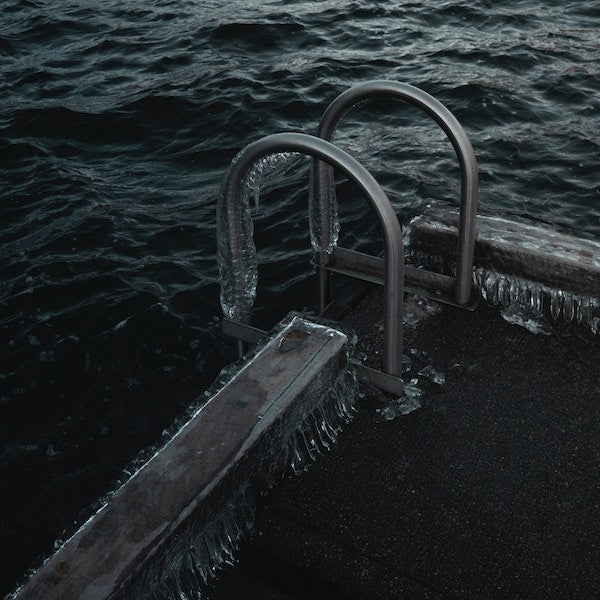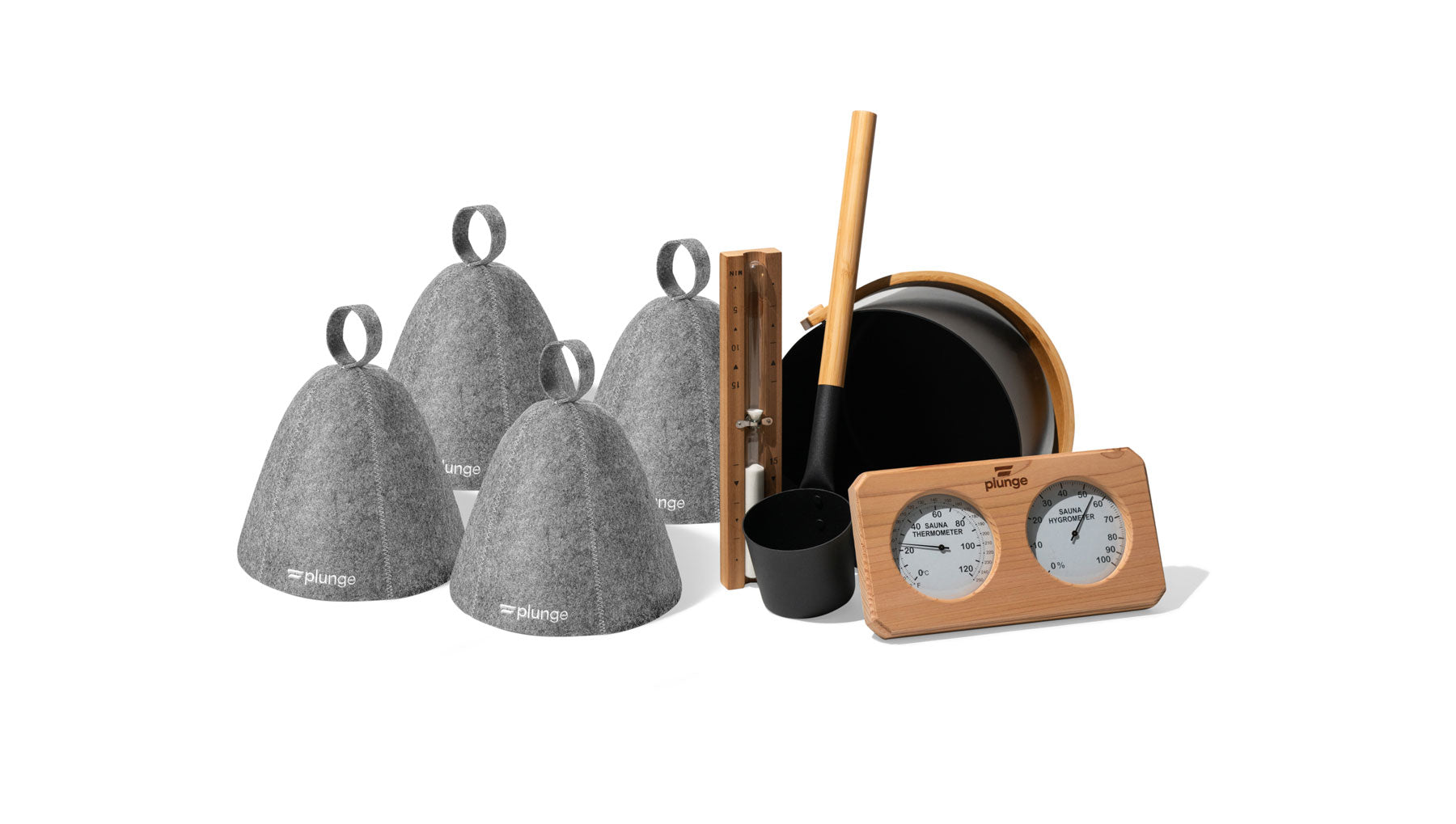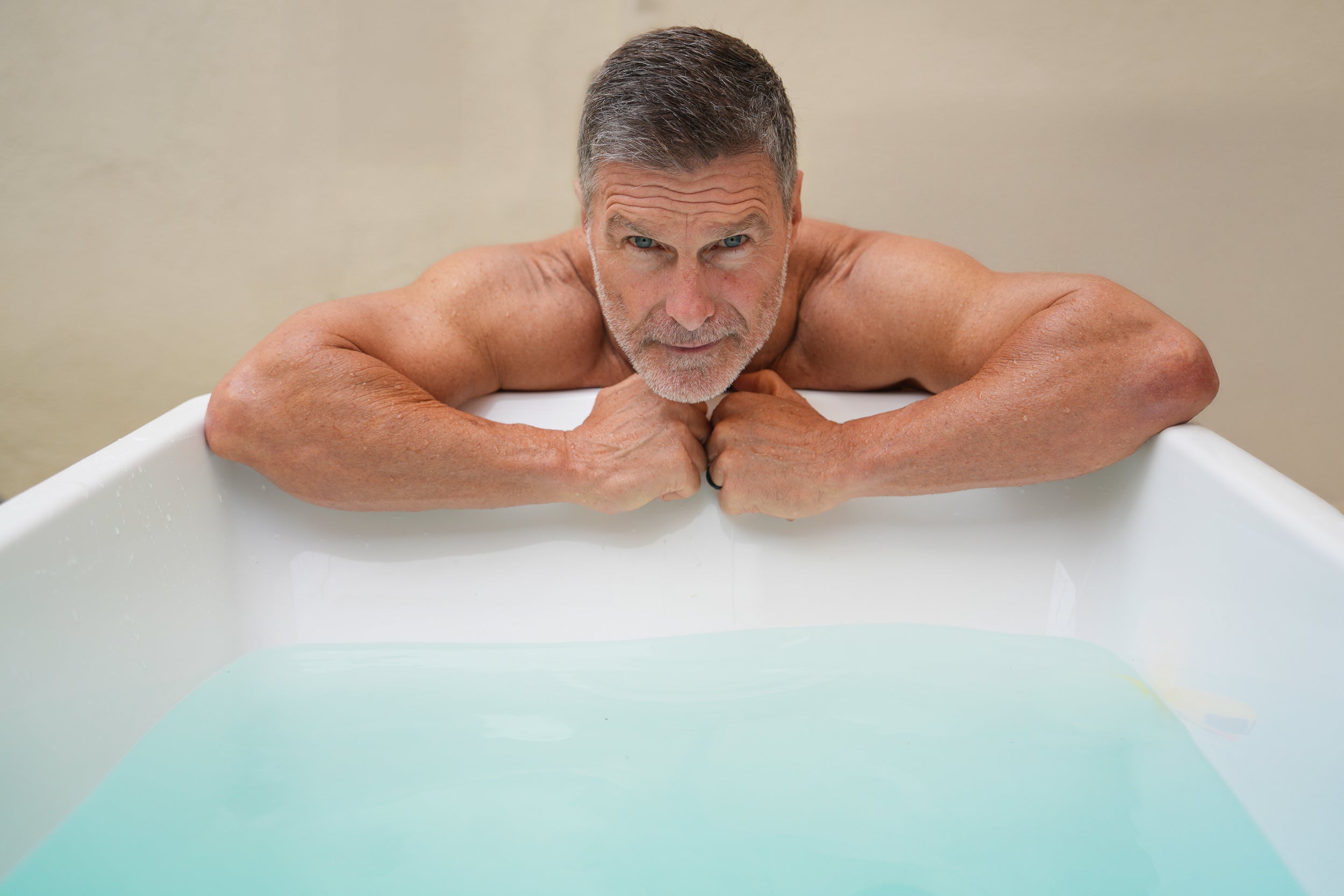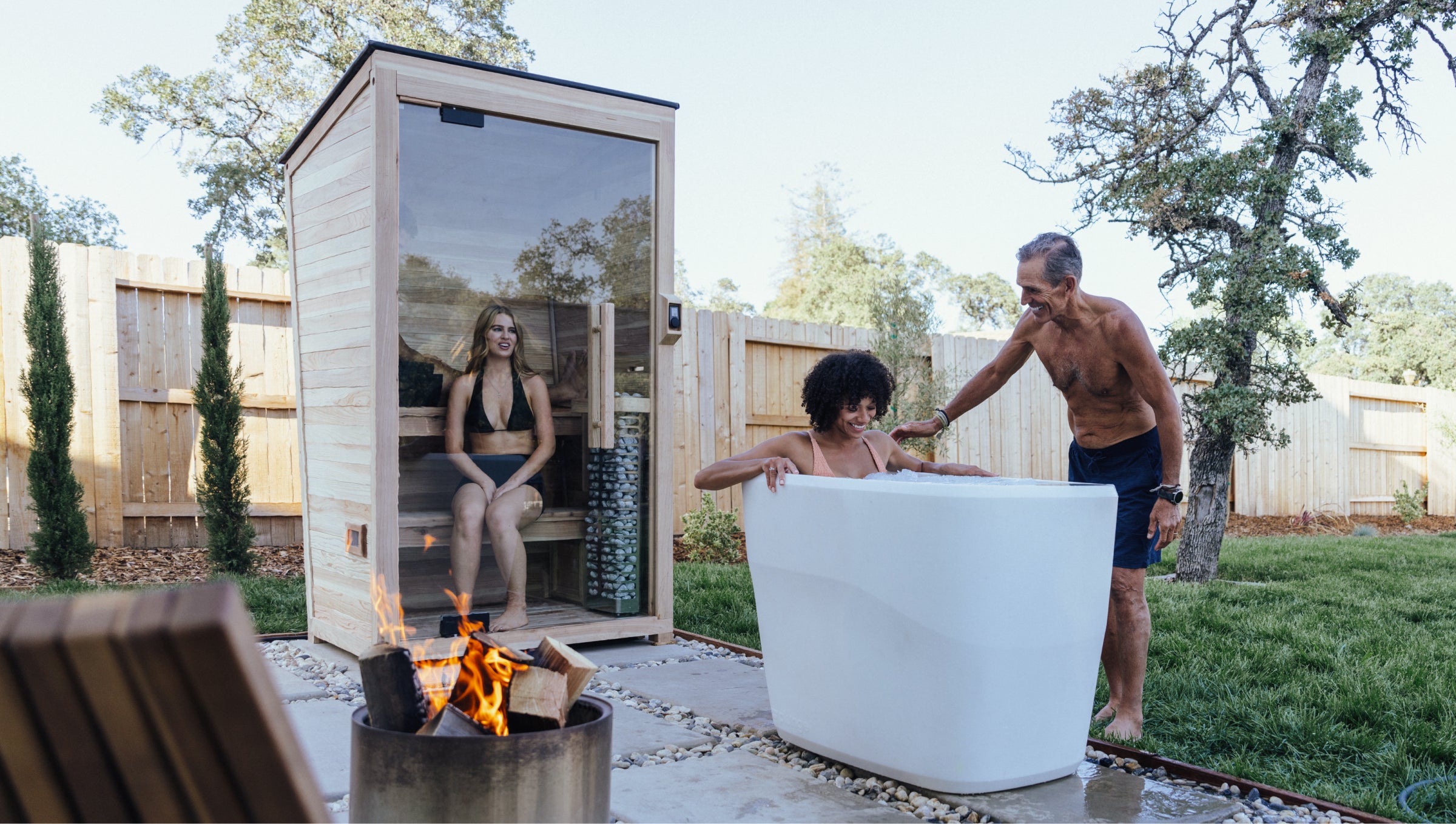
5 Incredible Ways Ice Baths Can Benefit Your Skin
If we told you to name the human body’s largest organ, we’d probably get a few different responses. While many people might name the intestines or go out on a limb and guess the liver, chances are, you’d overlook the true hero of this story: skin.
Skin is by far the largest organ in the human body, and as a result, it can tell us a lot about ourselves and our health. For example, changes in your skin can denote internal illnesses, the effects of aging, blood pressure, and even vitamin deficiencies. On the external side of things, the beauty industry has exploded trying to find ways to rejuvenate, tighten, and soften our skin.
Amongst the creams, oils, spa treatments, and home washing routines, skincare has become a central focus for many people today. Yet, at the same time, it’s become harder to know what will be good for your skin, and many benefits have been overlooked!
This article will let you in on the benefits of cold water therapy, the missing ingredient in many people’s skincare routines. You might find that all you need to add to your life is a splash of icy water! So instead of rushing to buy more exfoliating products and moisturizers, try some of our ice-cold skincare recommendations.
Cold Therapy & Skincare
The idea of cold therapy and cold exposure is nothing new, and there is a long therapeutic history of ice bathing through the ages. However, skincare has never been particularly close to the top of the “ice bath benefits list,” so most people are still in the dark about the cosmetic benefits of ice water and cold therapy in general.
Cold therapy is a broad term that encompasses many different areas. Professional athletes and gym buffs use ice baths to physically recover post workouts. Plenty of cultures and societies worldwide praise the benefits of cold water immersion, and there’s an ever-growing trend of taking a daily cold plunge to boost your energy, improve your mood, and boost mental toughness.
So, where does skincare fit into all of this?
5 Ice Bath Benefits for Skin
Cold water doesn’t just help the skin on your face; it supports all over! Though you might be more familiar with the benefits of cold showering, there are plenty of ice bath benefits as well. Either method of bathing can have a positive effect on your skin health.
1. Increase Circulation
Similar to its interaction with our cardiovascular system (blood flow), cold water reacts to your central nervous system in some remarkable ways. When you enter cold water, your brain begins to produce norepinephrine, a hormone that helps regulate attention, vigilance, and focus. While this is great for our minds, norepinephrine also increases the constriction of blood vessels all over your body. In a nutshell, a cold plunge into an ice bath can help the blood flow to your skin all over and give you fresh, taut, healthy-looking skin in just a few minutes.
2. Reduces Inflammation
When cold water constricts the blood vessels in our skin, it can help to reduce blood flow to inflamed areas. Research has shown that chronic inflammation can damage collagen fibers Whether dealing with acne or inflammation from a workout, cold water constricts blood vessels, calming irritated, inflamed skin which helps to promote healing for a clearer complexion and relief from sore muscles.
3. Tightens Skin
While temporary, cold water and ice baths can give your skin a lift. When our bodies hit cold water, the skin’s pores naturally contract. While this won’t permanently shrink pores, it does create a tightening effect that makes the skin appear smoother and rejuvenated. This can be most beneficial during your morning routine or when your face might feel puffy after a long night out.
4. Creates a Healthy Glow
Whether you’re taking a full body plunge or just an ice facial, cold water can lead to a more radiant and healthy complexion. By improving circulation, it also brings fresh oxygen to your skin cells which promotes cell turnover and tissue repair. This enhanced circulation helps to contribute to a refreshed and radiant complexion across the entire body. Additionally, research has shown that cold water therapy can stimulate the production of collagen, an essential protein for maintaining firm, youthful-looking skin.
5. Relieves Itchy Skin
For individuals who suffer from itchy skin conditions such as eczema or rashes, ice baths can be an incredible source of temporary relief. When your skin comes into contact with the cold temperature of an ice bath, it will do two things: reduce blood flow and ease inflammation. Additionally, some research suggests that the cooling sensation of ice baths can interrupt the urge to itch by temporarily numbing the nerves responsible for transmitting this signal to the brain.
Ice Baths for Your Face: What to Know
The focal point of most beauty routines is the face. Between eye creams, moisturizers, toners, makeup, and shaving cream, a lot of money can go into our faces. In general, most people automatically wash their face with lukewarm or hot water. We’re used to hot showers and hot baths, so why should our face get any different treatment?
So to save you a few bucks and possibly up your skincare regimen, we took a look at why cold water is good for your skin and how washing your face with cold water could be a game changer. Below are answers to the most common questions about ice baths for your face.
Is Cold Water Good for Your Skin?
For starters, yes! Cold water has a unique reaction to our blood flow and blood vessels. When you interact with cold water, your blood vessels constrict, bringing blood flow to the vital organs. As your body reheats, your blood vessels will contract again, which has been shown to improve blood circulation. For your face, this can help to erase fine lines and wrinkles and create a healthy glow during the day that protects your skin from outside pollutants!
Does Cold Water Tighten Skin?
Following the same principle as recovering from ankle injuries and sore muscles, cold water on your face can help reduce swelling and inflammation. This is why doing a quick cold rinse in the morning can also help reduce eye puffiness and help tighten up your skin for the day.
Does Cold Water Open Pores?
However, when it comes to which temperature is best for opening your pores, it’s important to know that most cleansing beauty products on the market right now are most effective with lukewarm water. So to get the best of both worlds, start by rinsing your face with lukewarm water, which will dissolve oils in your pores and wash away dirt. Then, follow that up with a rinse of cold water to close your pores, tighten your skin, and give you the perfect dewy look!
Is Cold Water Good for Acne?
While ice-cold water can be a great addition to your morning routine, depending on skin conditions such as acne, you’ll need to be careful about extreme temperatures. For oily, blemish-prone skin, cold temperatures do not clear pores out as effectively as lukewarm water, leading to more breakouts. However, they can be effective in temporarily reducing pain, inflammation, and redness.
For people with dry skin, hot water can strip away too much from your pores, drying out your skin even further. Find a good temperature balance, and determine what type of washing routine fits you best.
Elevate Your Skincare with Ice Baths at Home
At Plunge, we’re big fans of ice facials. Voluntarily dipping your body into cold water may seem daunting, but it pays off! We’ve seen these benefits of ice baths for skin firsthand, so trust us when we say this is where the magic starts.
Which is why we created the revolutionary Cold Plunge tub. It’s great for beginners and enthusiasts alike. Explore our complete line of state-of-the-art cold plunge tubs here, all are available with flexible financing options and plans to work for you.
Medical Disclaimer: All information, content, and material of this website is for informational purposes only and is not intended to serve as a substitute for the consultation, diagnosis, and/or medical treatment of a qualified physician or healthcare provider. Always seek the advice of your physician or another qualified health provider with any questions you may have regarding a medical condition.























